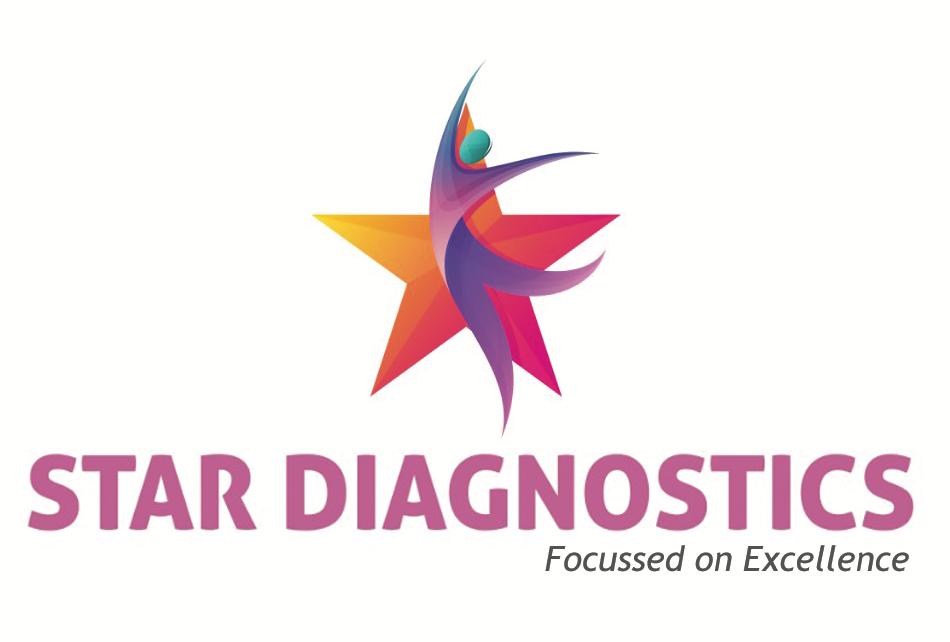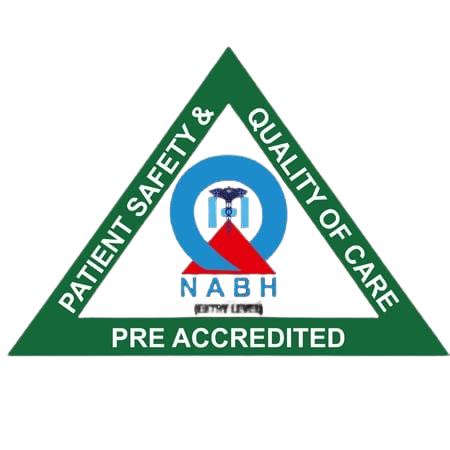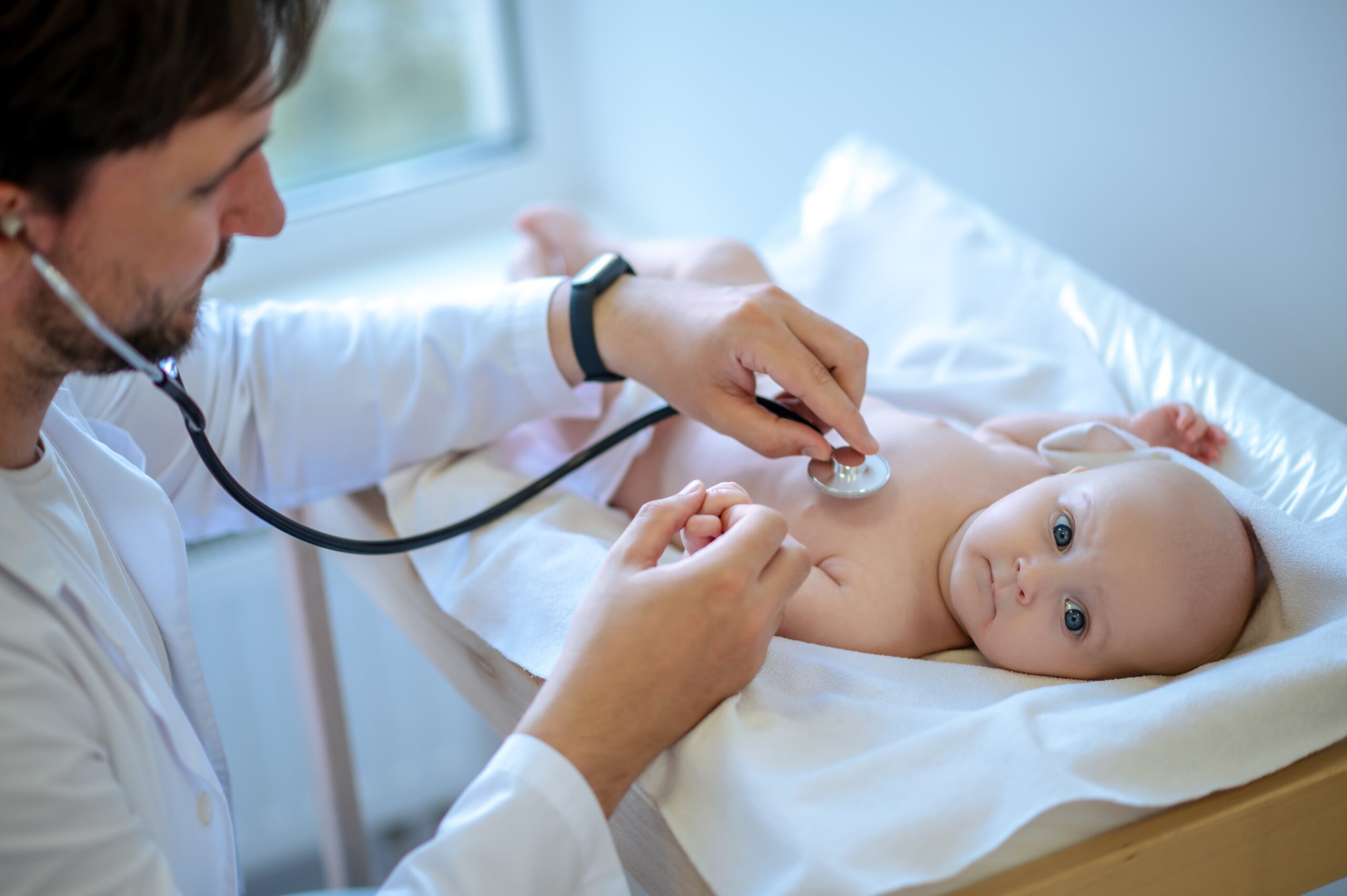What Are Newborn Screening Tests?
Newborn screening tests are routine baby tests done soon after birth. These tests check for certain rare but serious health conditions. Early detection in infants can help doctors treat problems before they cause harm. Most hospitals perform newborn screening tests within the first few days of life. These tests are simple, quick, and safe for your baby.
Why Are Newborn Screening Tests Important?
Newborn screening tests are important because many health problems do not show signs right away. However, with early detection, doctors can start treatment early. This can prevent serious health issues, disability, or even death. For example, some babies may look healthy but have a hidden condition. Because of these tests, many children grow up healthy and strong.
Common Conditions Detected by Newborn Screening
Newborn health screening checks for several conditions. The exact list may vary by country or state. Still, most programs look for:Metabolic disorders (like phenylketonuria or PKU)Hormone problems (such as congenital hypothyroidism)Blood disorders (like sickle cell disease)Hearing lossCystic fibrosis
In addition, some places test for other rare diseases. Your doctor can tell you which tests are done in your area.
How the Screening Process Works
First, a small blood sample is taken from your baby’s heel. This is called a heel prick. Next, the blood is placed on a special card and sent to a lab. Some tests, like hearing checks, use gentle sounds or sensors. The process is quick and causes only mild discomfort. Usually, the tests are done before your baby leaves the hospital.
What to Expect with Results and Follow-Up
Most newborn screening test results are normal. If a result is not normal, you will be contacted quickly. Sometimes, a repeat test is needed. This does not always mean your baby has a problem. However, if a condition is found, your doctor will explain the next steps. Early treatment can make a big difference in your baby’s health.
Benefits and Limitations of Newborn Screening
Newborn screening tests offer many benefits:Early detection in infantsChance to start treatment right awayBetter long-term health for your child
However, there are some limitations:Not all conditions are testedSome results may be unclear or false positiveFollow-up tests may be needed
Even so, the benefits of routine baby tests far outweigh the risks.
Frequently Asked Questions
Are newborn screening tests safe? Yes, they are safe and cause little discomfort.Do all babies need these tests? Yes, all newborns should have screening, even if they look healthy.How soon will I get results? Usually, results come within a few days to two weeks.What if my baby needs more tests? Your doctor will guide you and explain each step.
Tips for Parents and Next Steps
As a parent, you can help by:Asking your doctor about newborn screening testsMaking sure your baby gets tested before leaving the hospitalKeeping your contact information up to dateFollowing up quickly if you are called about results
Remember, newborn health screening is a key step in protecting your baby’s future. If you have questions, talk to your healthcare provider. They can give you clear answers and support.
Consult your pediatrician or a healthcare specialist for personalized advice on newborn screening tests.


